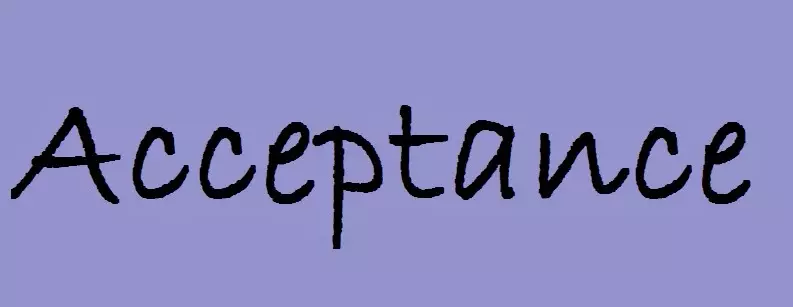Write a short note on Bouncing of cheques.
A cheque is said to be bounced or dishonored by non-payment when the drawee of the cheque make default in payment upon being required to pay the same. The liability for bouncing of cheques arises when a cheque is not paid on account of insufficiency of funds standing to the credit of the drawer’s account. In such cases, the drawer is punishable with imprisonment extending upto two years or with fine extending to twice the amount of the cheque or with both. In order to constitute offence, the following conditions must be satisfied :
The cheque should have been dishonored due to insufficiency of funds standing to the credit of account on which the cheque was drawn or for the reason that the amount of the cheque drawn exceeds the sanctioned limit of the overdraft.
The payment for which the cheque was issued should have been in discharge of a legally enforceable debt or.liability in whole or part. It should not be for any other person. Therefore, when any cheque issued for meeting social obligations, such as charity, marriage presents, birthday gifts etc. is dishonored for want of fund, the drawer would not be deemed to have committed an offence.
Cheque should have been presented to the bank within 6 months of the date on which it was drawn or period of its validity, whichever is earlier.
The payee or the holder should. have made a demand for payment by giving a notice to the drawer of cheque within 30 days of receipt of information by him from the bank regarding the return of the cheque as unpaid/bounced.
The drawes should have failed to make payment within 15 days of the receipt of the said notice.
The payee or the holder in due course of the dishonored cheque should have made a written complaint with in one month of cause of action arising out of Section 138. The daid complaint should be made to a court not inferior to that of a first class Judicial Magistrate. or Metropolitan Magistrate.





